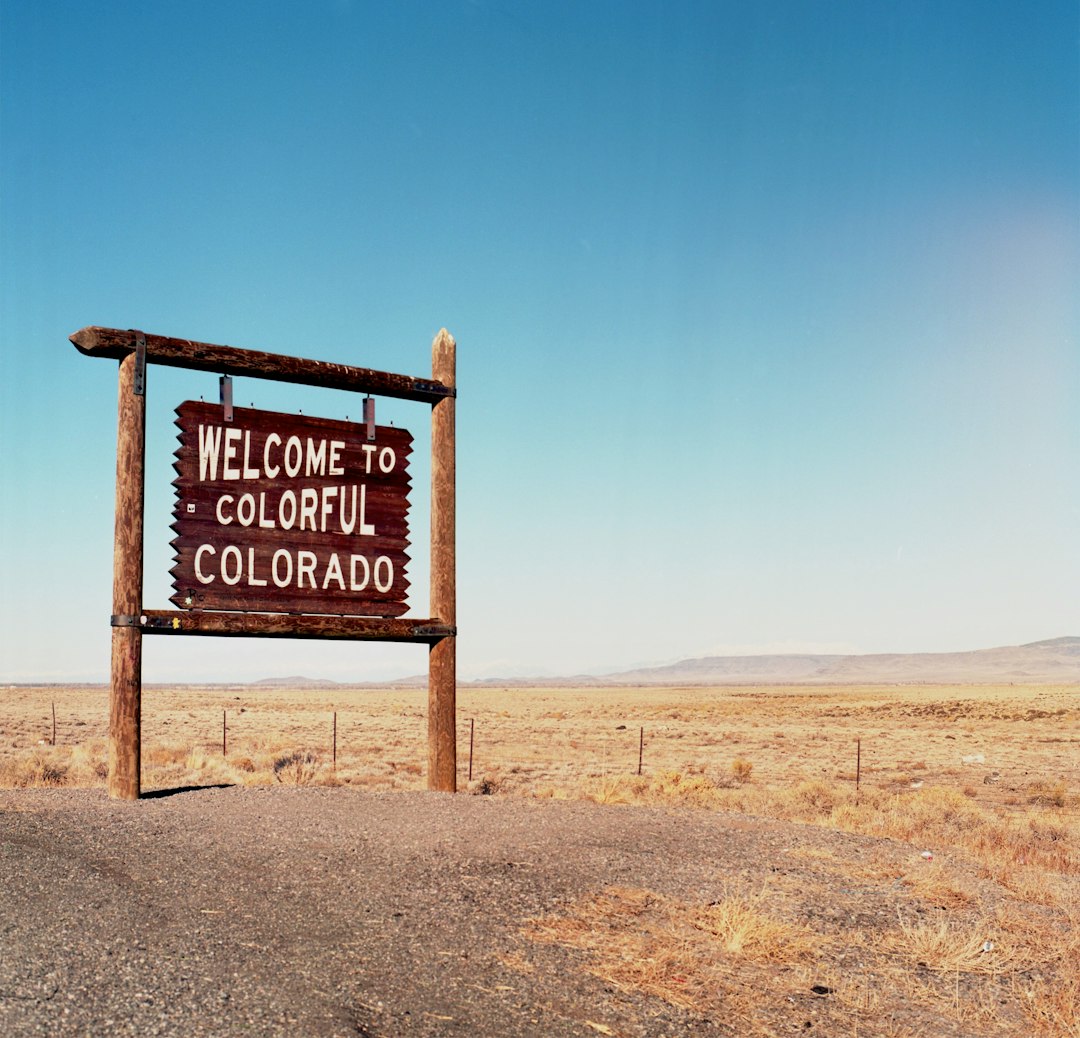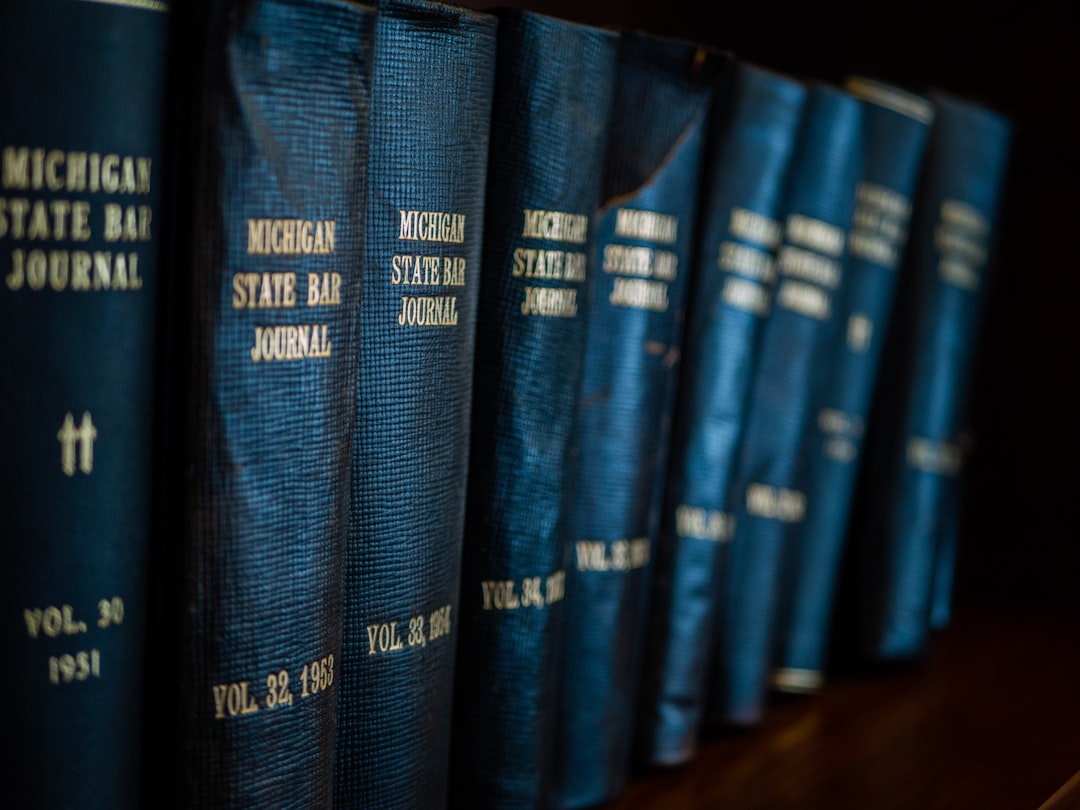Colorado educators have a legal obligation to protect students from sexual abuse, with laws mandating reporting of suspected child abuse. Training and consultation with school abuse attorneys guide responses. Strategies include teaching physical space awareness, clear rules, open communication, parental involvement, and utilizing reputable resources. Early recognition of suspicious behaviors is key, leading to swift action, private discussions, and potential legal support from a school abuse attorney Colorado. Comprehensive training, professional development, and legal guidance empower educators to create safe learning environments and prevent sexual abuse.
In Colorado, educators play a vital role in safeguarding students from sexual abuse. This comprehensive guide equips teachers with essential tools to fulfill their legal obligations. From understanding state laws to recognizing and reporting suspicious behaviors, these strategies foster safe classroom environments. Learn how to create spaces that prevent exploitation, access training resources, and utilize effective reporting mechanisms. Empowered with knowledge, Colorado educators can protect their students and collaborate with school abuse attorneys to maintain a secure learning environment.
Understanding Legal Obligations of Colorado Educators
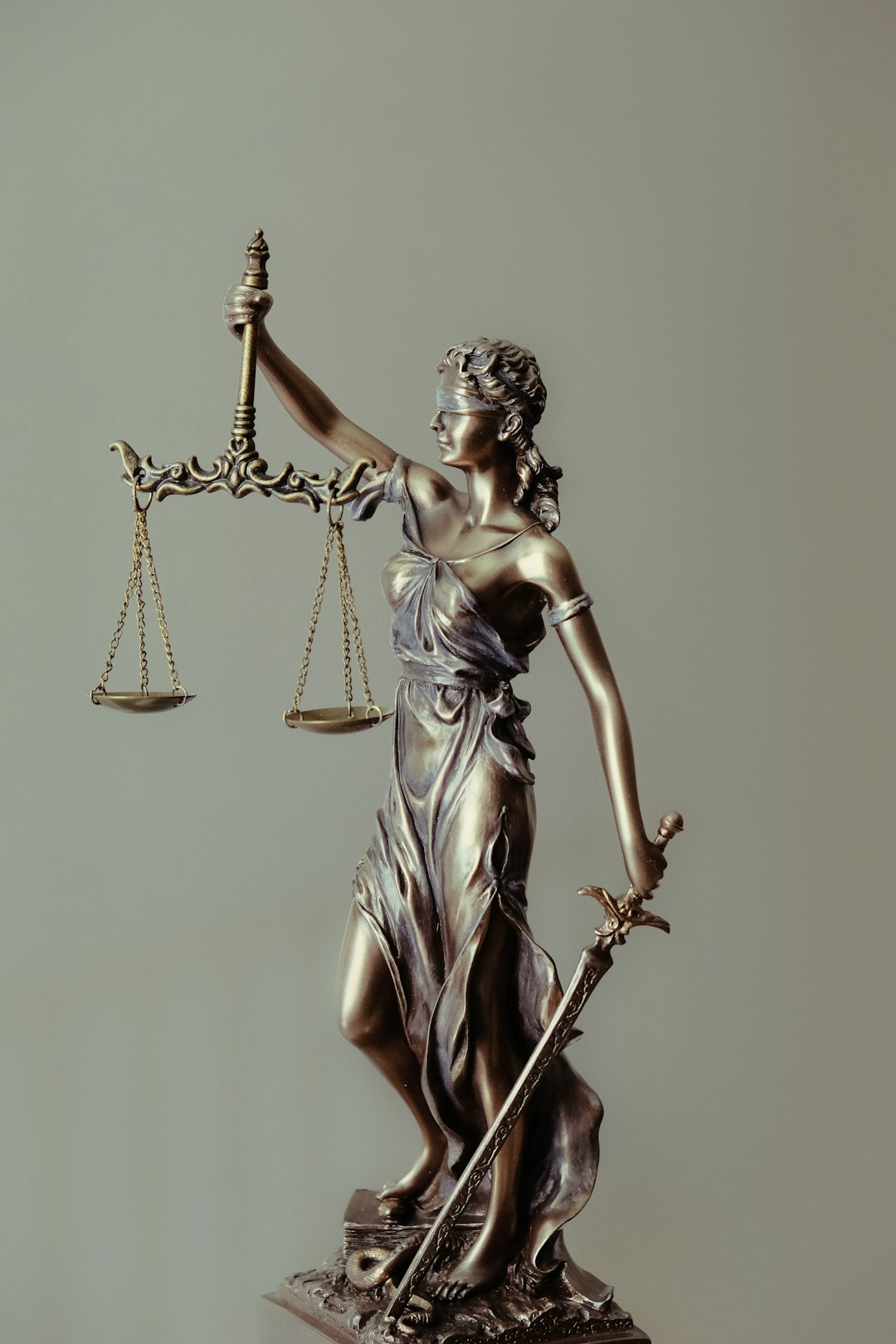
In Colorado, educators have a legal obligation to protect their students from potential harm, including sexual abuse. According to state laws and regulations, all school staff are required to report suspected or known instances of child abuse or neglect. This includes any behavior that could be indicative of sexual exploitation or assault within the classroom setting. Educators are also mandated to undergo regular training on recognizing and reporting such incidents, ensuring they are equipped with the knowledge to handle sensitive situations effectively.
Knowing one’s legal responsibilities is a crucial step for Colorado educators in preventing school abuse. Consulting with a school abuse attorney can provide valuable insights into these obligations, as well as guide educators on appropriate responses when faced with challenging scenarios. This proactive approach fosters a safer learning environment and ensures that students’ well-being remains the top priority.
Creating Safe Spaces: Environment for Prevention

Creating safe spaces is a fundamental strategy for educators in Colorado to prevent sexual abuse in classrooms. This involves fostering an environment that encourages open communication, respects boundaries, and promotes consent. Teachers should model and teach appropriate physical space awareness, ensuring students understand personal bubbles and the importance of asking for permission before any physical contact. A classroom atmosphere where students feel comfortable discussing sensitive topics, reporting concerns, and expressing discomfort is vital.
Educators can achieve this by implementing clear and consistent rules about personal space and boundaries, regularly reinforcing these guidelines, and providing opportunities for students to practice assertive communication. Additionally, involving parents or guardians through informative sessions or materials can further reinforce prevention efforts. Collaborating with school administration and utilizing resources from reputable organizations, such as those offered by local school abuse attorneys in Colorado, can significantly enhance the effectiveness of these safety measures.
Identifying and Addressing Suspicious Behaviors
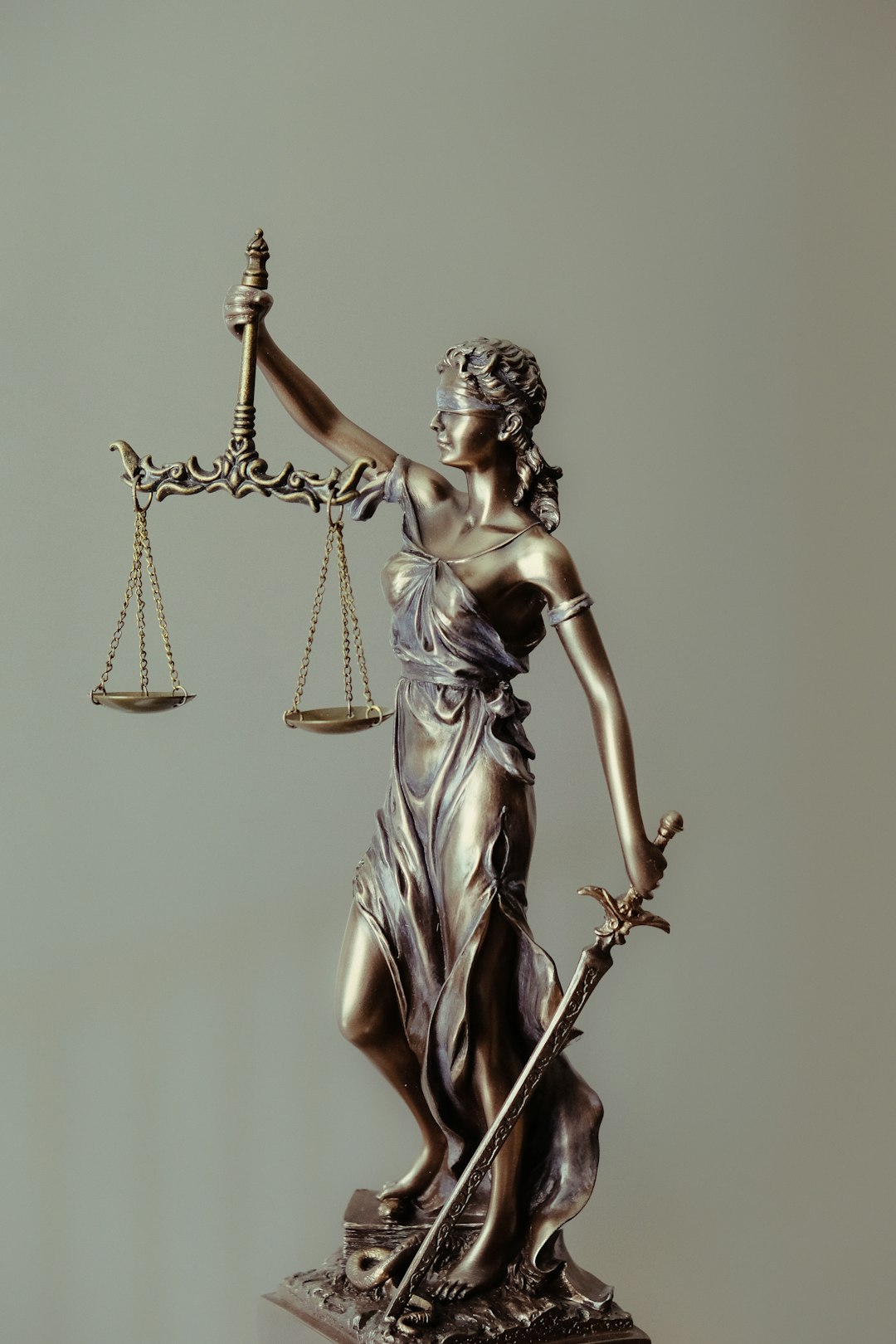
Educators in Colorado play a pivotal role in creating safe learning environments and preventing sexual abuse within their classrooms. One of the key aspects of this prevention is recognizing and addressing suspicious behaviors early on. Teachers should be vigilant for any unusual patterns or signs that may indicate potential abuse, such as sudden changes in student behavior, increased isolation from peers, or undisclosed injuries.
If a teacher observes any concerning behaviors, it’s crucial to take immediate action. This might involve private conversations with the student in question, collaborating with school counselors or administrators, and involving a trusted school abuse attorney in Colorado if necessary. Such proactive measures can ensure that students receive the support they need while maintaining a secure and nurturing classroom atmosphere.
Training and Resources for Comprehensive Education
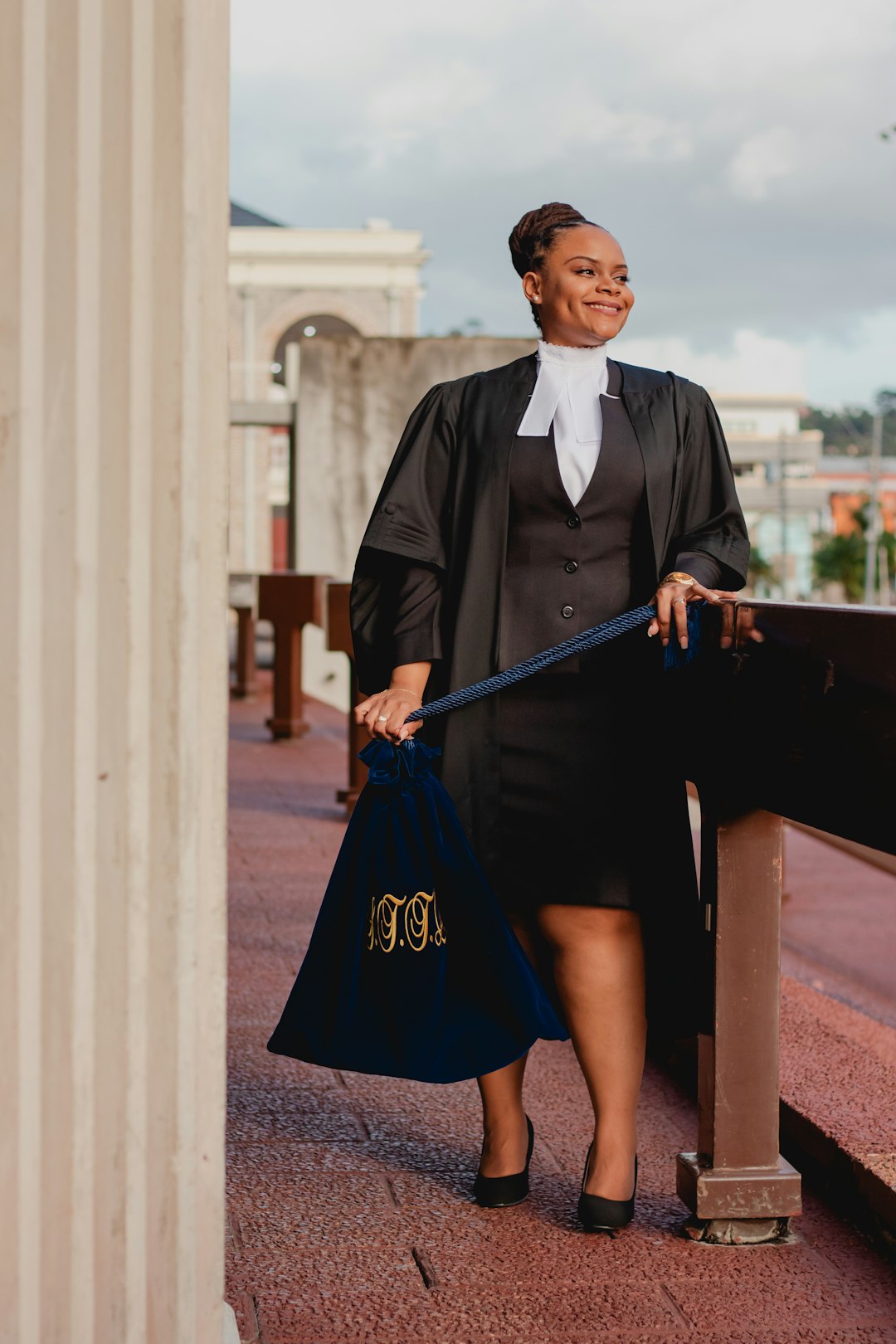
In an effort to foster a safe learning environment, Colorado educators must be equipped with comprehensive training and resources on preventing sexual abuse. This includes recognizing signs of potential victimization or manipulation among students, understanding age-appropriate boundaries, and knowing how to respond appropriately to disclosures. Many organizations in Colorado offer professional development workshops and online resources tailored for educators, focusing on topics like consent, healthy relationships, and prevention strategies. Utilizing these tools can help teachers navigate difficult conversations, promote awareness, and create a culture of respect and safety in their classrooms.
Additionally, school abuse attorneys in Colorado play a vital role by providing legal guidance and advocacy for victims, as well as support for educators who may face complex situations. These professionals ensure that students’ rights are protected and help establish protocols to handle incidents effectively. By combining educational training with legal expertise, schools can create a comprehensive approach to prevention, intervention, and recovery from sexual abuse.
Reporting Mechanisms: Ensuring Student Safety
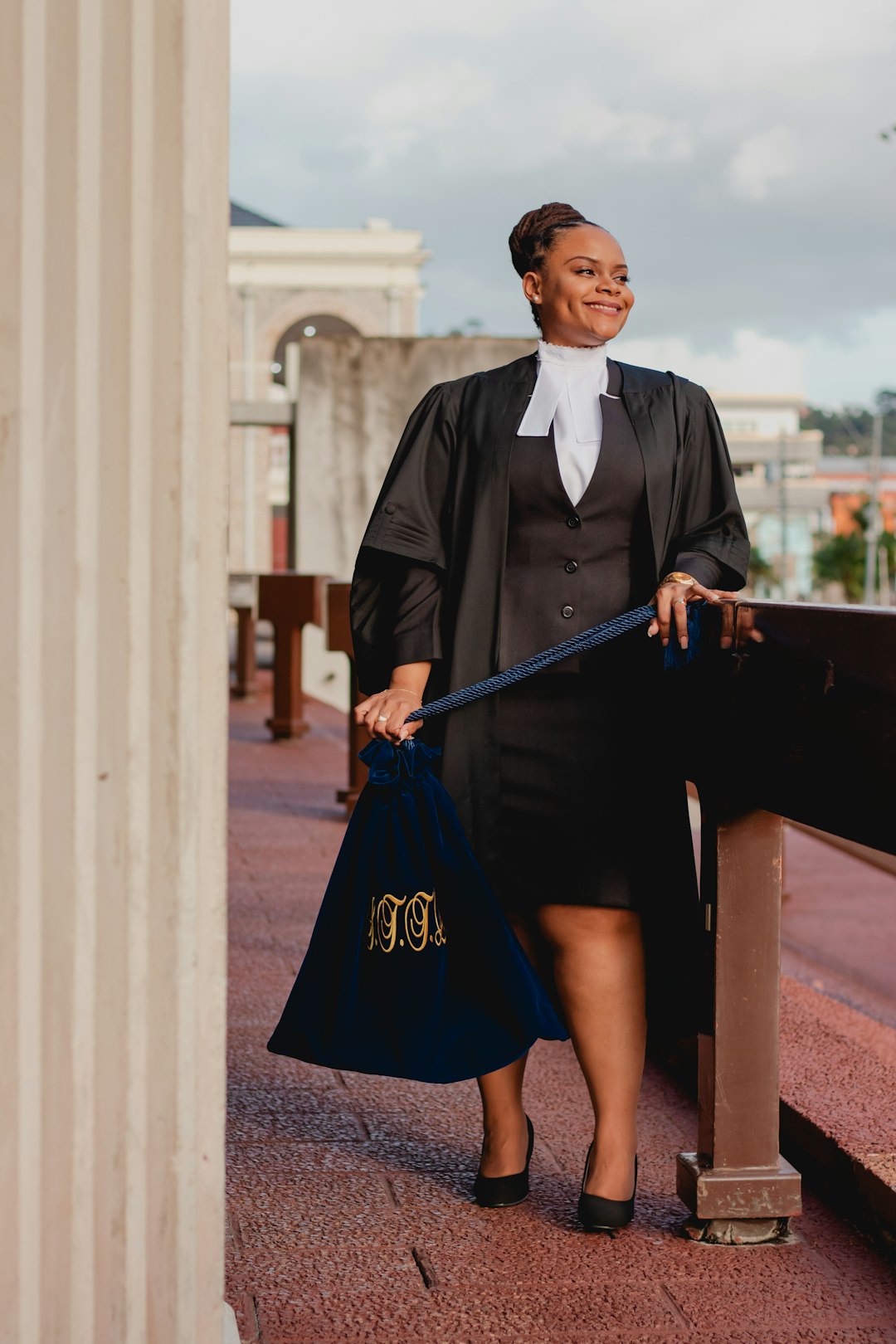
In Colorado, educators play a vital role in maintaining a safe and supportive learning environment. One of the critical aspects of this is establishing robust reporting mechanisms for potential school abuse. Every educator should be well-versed in their institution’s policies regarding student safety and know exactly who to contact if they suspect or witness any form of sexual abuse. This could include designated staff members, school administrators, or even local law enforcement.
Encouraging open dialogue and creating a non-judgmental space for students to share their experiences is essential. Students should feel empowered to report incidents without fear of retaliation, ensuring they receive the support and protection they need. Moreover, regular training sessions for educators on recognizing signs of abuse and understanding the legal obligations regarding reporting can significantly contribute to preventing and addressing such issues effectively, with the assistance of a school abuse attorney in Colorado if needed.

